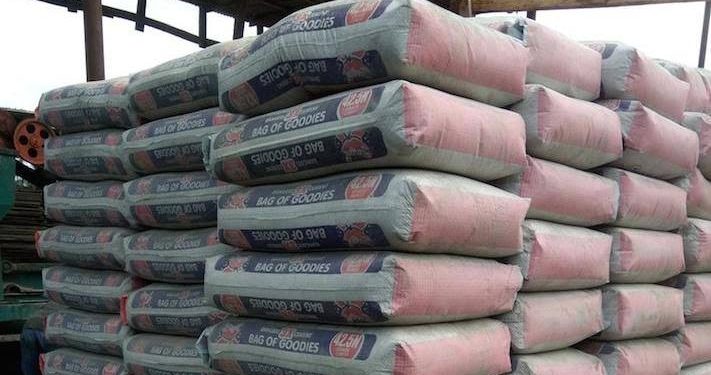Chairman of BUA Group has announced a freeze on cement prices for all contractors involved in the Federal Government’s Renewed Hope projects, pledging support for President Bola Tinubu’s economic recovery strategy. The announcement followed a meeting at the Presidential Villa, Abuja, where both parties also discussed food price reductions driven by BUA Foods.
Speaking to journalists after the meeting, the BUA chairman acknowledged that food prices have significantly dropped compared to last year, attributing the improvement to increased imports and market interventions. He also addressed the relatively high cost of BUA cement, citing the naira’s depreciation as a key factor.
The cement price freeze is a collaborative move between BUA and Dangote Cement, targeting cost containment in critical national infrastructure projects. The Cement Manufacturers Association of Nigeria (CEMAN) has been restructured to drive this agenda, with BUA Cement’s managing director now serving as its new chairman. Additionally, the Cement Technology Institute of Nigeria (CTIN) will receive renewed funding through a ₦20 to ₦30 per bag levy, expected to raise between ₦15 and ₦20 billion annually to train construction artisans.
Commending the Minister of Works for promoting concrete roads, the BUA chairman noted that concrete offers a more cost-effective and durable alternative to bitumen-based roads. He praised the government’s six-month duty waiver on select food imports as a “game-changer,” allowing BUA Foods to bring in large volumes of rice, maize, and wheat, significantly impacting national food prices.
At the peak of the crisis last year, a 50kg bag of rice sold for over ₦110,000. Today, it stands at approximately ₦60,000. Similarly, flour prices have dropped from ₦80,000 to ₦55,000 per bag, while maize has fallen from ₦60,000 to ₦30,000. He attributed these reductions to the disruption of hoarding practices, especially in the rice supply chain, following BUA’s large-scale imports.
The Rice Millers Association of Nigeria has since implemented policies to curb hoarding, further stabilizing prices. According to the BUA chairman, enough rice has been imported to meet demand through year-end, discouraging future attempts at price manipulation.
He expressed optimism about continued stability in food prices and emphasized that the impact of falling prices often goes unnoticed in public discussions. He concluded by reaffirming BUA’s commitment to supporting government initiatives that foster economic growth and national welfare.










